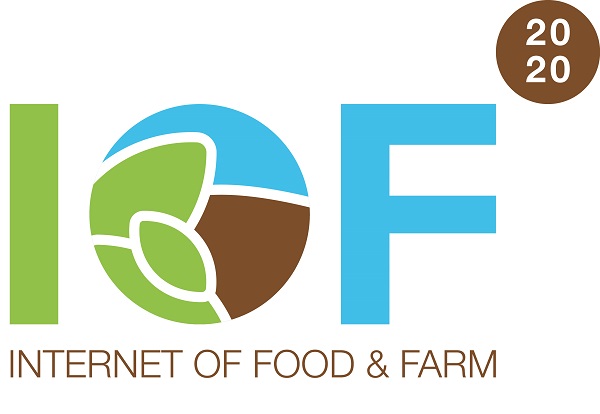policy

-
event KAIST ISSS Research Session Captivates 150↑ International Scholars, Achieve Major Success
< Photo. Scholars gatheres for NRF Information Session at Chung Keun Mo Hall > KAIST’s International Office, headed by Vice President Soyoung Kim, successfully organized the ‘NRF Information Session for International Scholars’ on September 11, 2024, in collaboration with the National Research Foundation of Korea (NRF). The event was held at KAIST’s main campus to enourage the international scholar’s active participation in research projects and suppor
2024-09-13 -
research What Fuels a “Domino Effect” in Cancer Drug Resistance?
KAIST researchers have identified mechanisms that relay prior acquired resistance to the first-line chemotherapy to the second-line targeted therapy, fueling a “domino effect” in cancer drug resistance. Their study featured in the February 7 edition of Science Advances suggests a new strategy for improving the second-line setting of cancer treatment for patients who showed resistance to anti-cancer drugs. Resistance to cancer drugs is often managed in the clinic by chemotherap
2020-02-10 -
people Undergrad's Paper Chosen as the Cover Article in Soft Matter
(from left: Research Professor KyuHan Kim and Undergrad Student Subeen Kim) A KAIST undergraduate student, Subeen Kim, had his paper chosen as the cover article in an international journal during his senior year. There have been an increasing number of undergraduate students who were published as the first author because the KAIST Undergraduate Research Participation program allows more active research participation by undergraduate students. Through URP, Kim successfull
2018-05-03